Recent research into workspace design and management is challenging what we think we know about business operations. If your business’s productivity seems to have slowed and your bottom line is suffering without a clear cause, the answer could be in your decor. One of the most surprisingly harmful decisions you can make as a business owner is adhering to a common style convention: a lean office.
Sparse, minimalist workspaces are widely accepted as being more professional and appealing. But recent research in psychology and biology is providing solid evidence that they’re not good for our workers: multiple experiments and piles of research is instead supporting that a work environment rich in colour and texture can improve creativity, productivity and wellbeing—and that controlled and sparse (or ‘lean’) work environments actually have a detrimental effect on our workers.
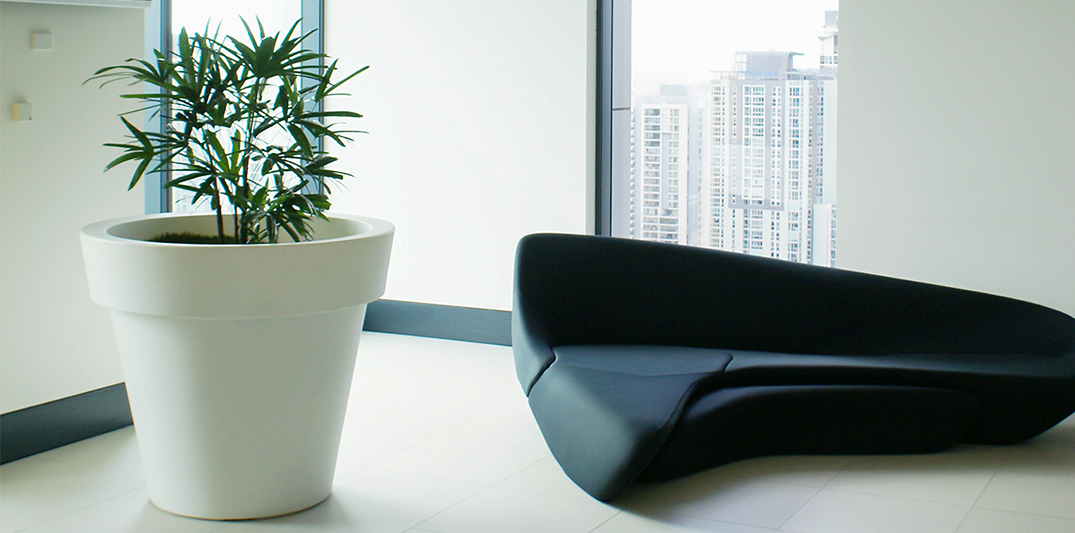
There’s now a new movement towards smart office design. A big factor in this shift is the growing proof that indoor plants can solve many of the problems in traditional offices. Besides the fact that green offices improve indoor air quality and remove many of the factors that cause poor health in workers of densely populated business, they have the potential to increase workers’ physical, cognitive, and emotional engagement with their work.
It doesn’t take much to improve a lean office—and it could deliver many more benefits than you’d expect.
Concentration and performance
Businesses tend to embrace minimalist interior design trends, choosing what they think is an ‘appropriate’ austerity to reflect their professionalism. But while clean workplaces and shopfronts might have some business appeal, it’s now proven that they actually hinder worker productivity.
Plants, for a number of reasons, and by a number of different neuropsychological mechanisms, make people happy—and happy people work better.
But the solution is simple: indoor plants improve air quality, thereby reducing these symptoms, and improving workers’ self-reported levels of concentration.
Health and wellbeing
Lean offices aren’t good for our health—and our health is one of the most important influences on how we perform at work. One theory about why they’re not good for us is visual comfort. According to researchers at the University of Texas, visual comfort exists when the perceptual faculties in the human brain can operate without interference—and lean offices can cause interference with suboptimal distribution of light density, glare, and poor colour selection. By contrast, plants are known to promote visual comfort, and a range of other pleasant neuropsychological effects that boost our health, thinking, and mood.
Lean offices are also uncomfortable. It’s often difficult to maintain comfortable temperature, noise, and humidity levels in densely populated city buildings, and this causes health problems and discomfort in workers like dry eyes and respiratory irritation. These aren’t just unpleasant; they can result in infections and sick leave, which is as bad for business as it is for the people suffering. But they’re also quite easy to rectify: the recommended humidity range for human health and comfort is between 30 and 60 per cent, and simply incorporating a few indoor plants into the work environment goes a long way towards meeting this target.
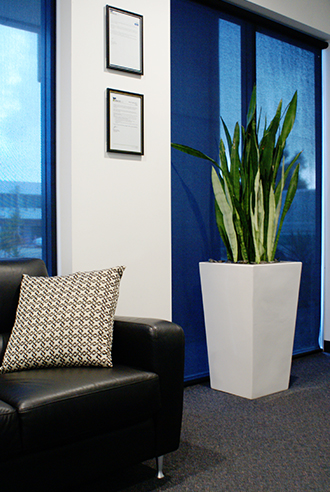
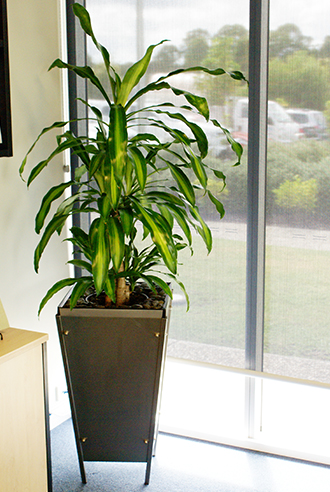
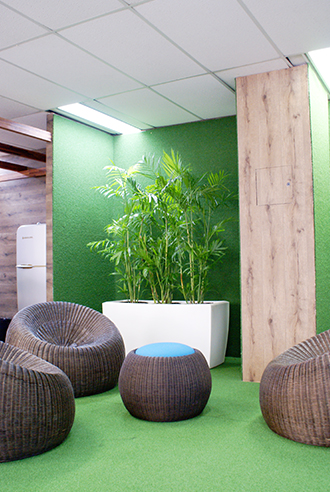
There are many other health benefits your workers could enjoy if you turned your lean office into a green office. Although we don’t fully understand how, indoor plants are proven to lower blood pressure and stress; improve reaction times, concentration, attentiveness, and productivity; reduce sick leave; and improve our feelings of wellbeing.
With no adverse risks to worry about, the right solution for supporting the workers in your Brisbane business could be as simple as indoor plant hire.
Job satisfaction
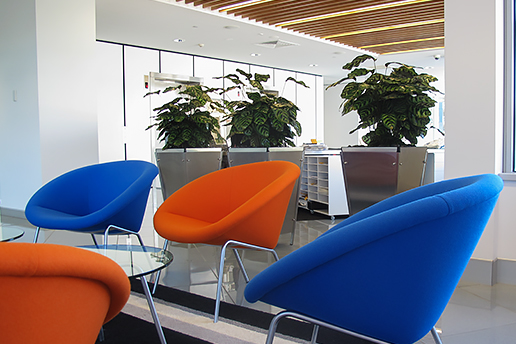
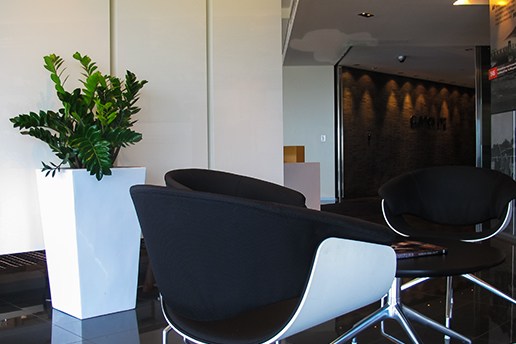
I’ve you’re a Brisbane business owner looking for ways to promote a positive atmosphere in your workplace, it could be the right time to turn your lean office space into a green office space. At Prestigious Plantscapes, our professional plantscapers are rigorously trained to use the natural ability of live plants to reduce and remove noxious elements from your indoor environment, and to find the remedy for your space with innovative indoor plant hire.
Brisbane business owners wanting to foster innovation, creativity, and good health in their workers can contact us anytime for more information, and we’ll be happy to help.

